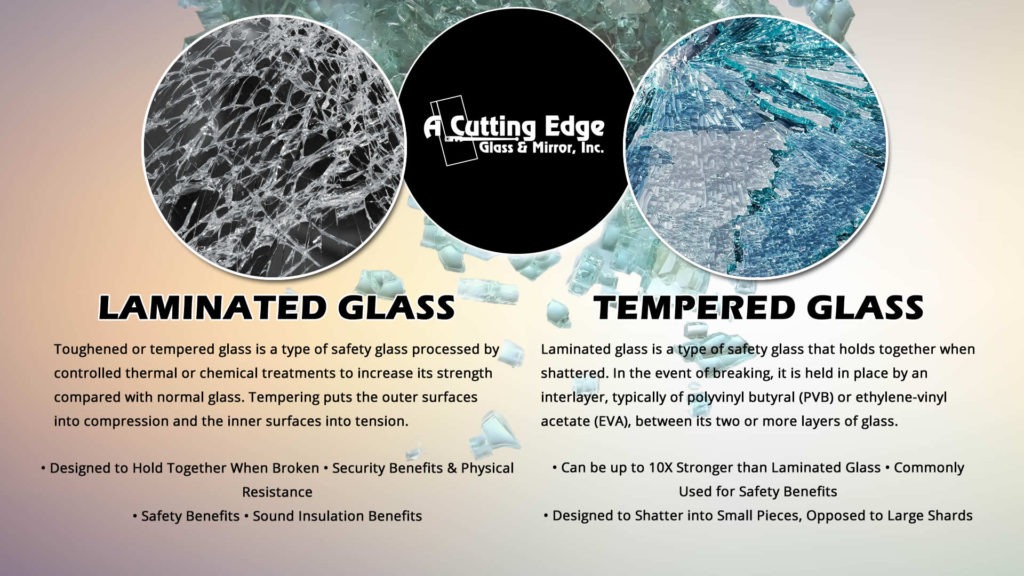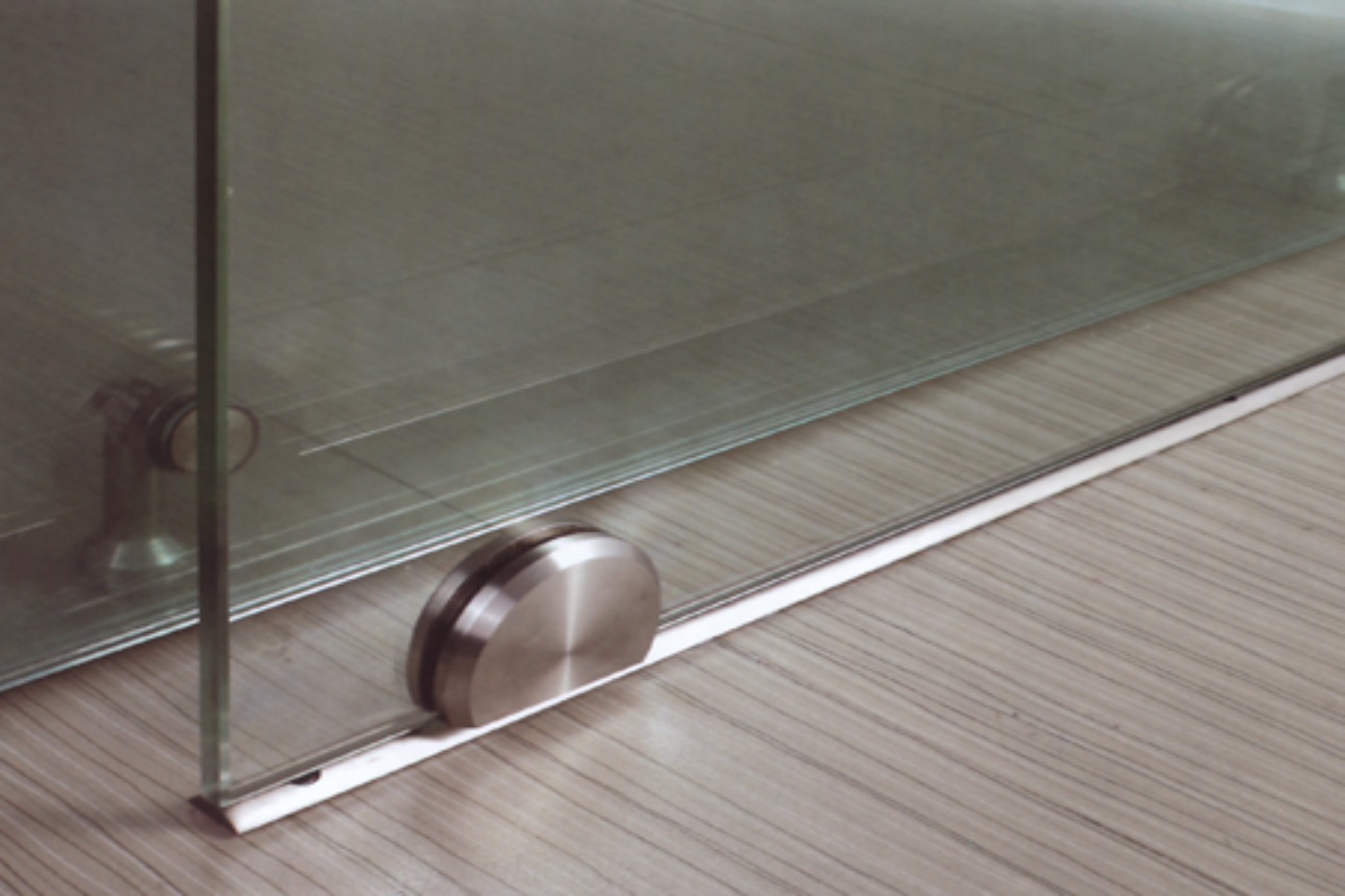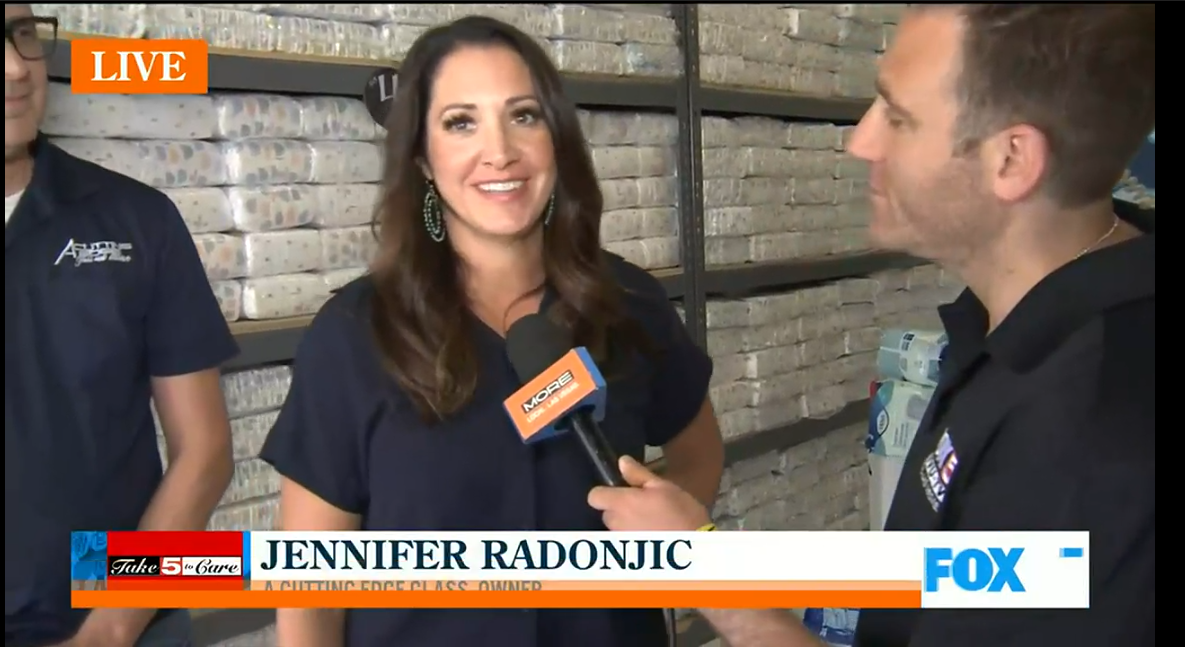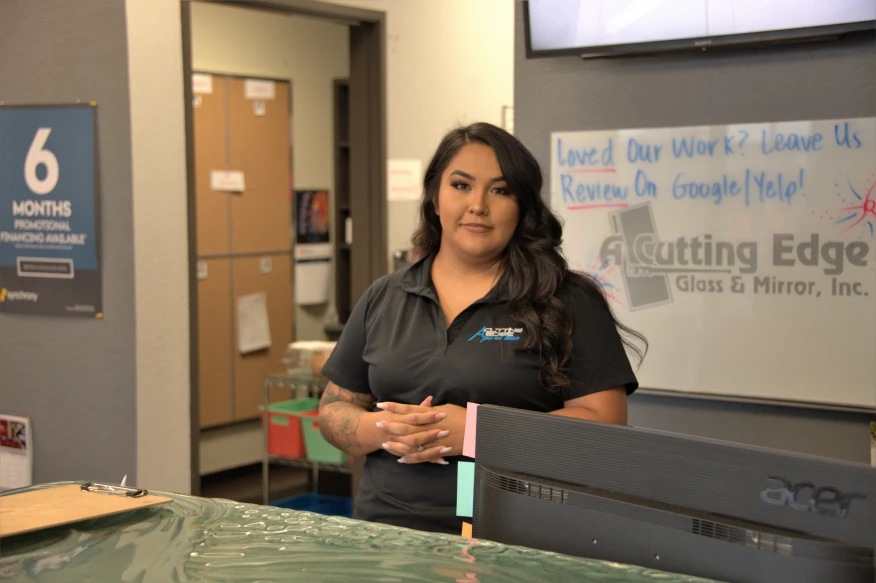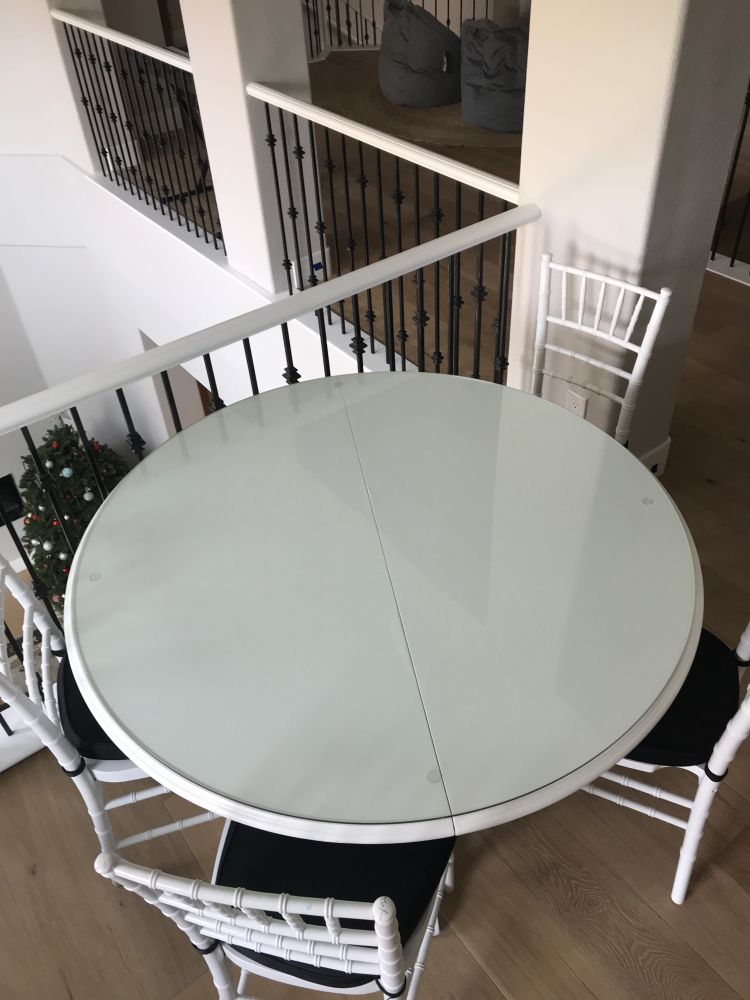What is Insulated Glass? Understanding the Different Types of Glass
What is Insulated Glass? Why Should I Get It? What Are the Benefits of Having It? Insulated Glass Units, also known as IGU’s are designed for efficiency. They are designed to retain temperature within residential or commercial buildings. They will help keep your home or building warmer in the Winter and cooler in the Summer. An Insulated Glass Unit typically consists of two or three panes of glass. These glass panes are separated by a spacer material, which are sealed together at the edge. The space between the panes of glass is filled with air or some other type of noble gas. Gasses such as Argon or Krypton are commonly used to fill the space. Typical double-pane Insulated Gas units have four surface. The IGU acts as a thermal barrier that controls temperature loss and gain. Read more about insulated glass… Read this Original Insulated Glass Article
What is Plate Glass? Understanding Plate Glass and the Transition to Float Glass
Fun glass fact: Glass started being used over 4000 years ago by the ancient Egyptians. It wasn’t used in construction though, but was used to enclose small objects. The Romans became master glass craftsman a little bit later, their methods went on to be used all the way up until the 18th century. It wasn’t until the 19th century that glass became popularized and used in common, everyday construction.Plate glass is made of several types of raw materials such as water, silica sand, soda ash, dolomite, limestone, nepheline syenite, salt cake, and potentially others. Plate Glass is thick, fine-quality glass, it’s typically used for doors and store windows. It gets its names from how it’s made, which is originally cast in plates. People often refer to any type of window that’s not stained or decorative as a Plate Glass window. In all actuality, most glass windows are not Plate Glass at all, it’s usually “Float Glass”. Genuine Plate Glass is rarely used today. The diverse types of glass will vary in trait and manufacturing process, these variations will ultimately determine what type of glass it is.
What is Plate Glass? Understanding Glass Types Part 2
How to Cut Laminated Glass – Laminated Glass Product Information
The Difference Between Laminated and Tempered Glass
